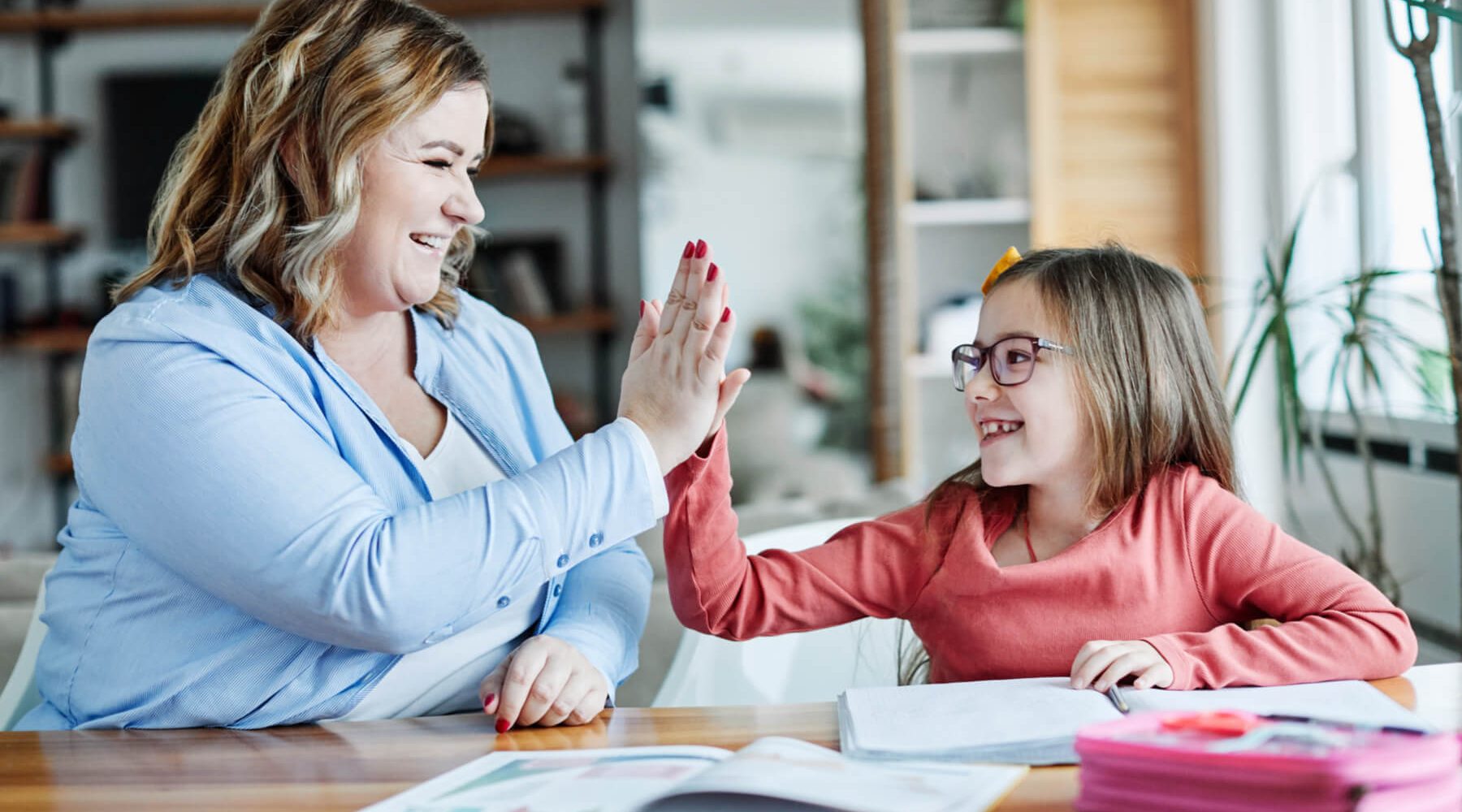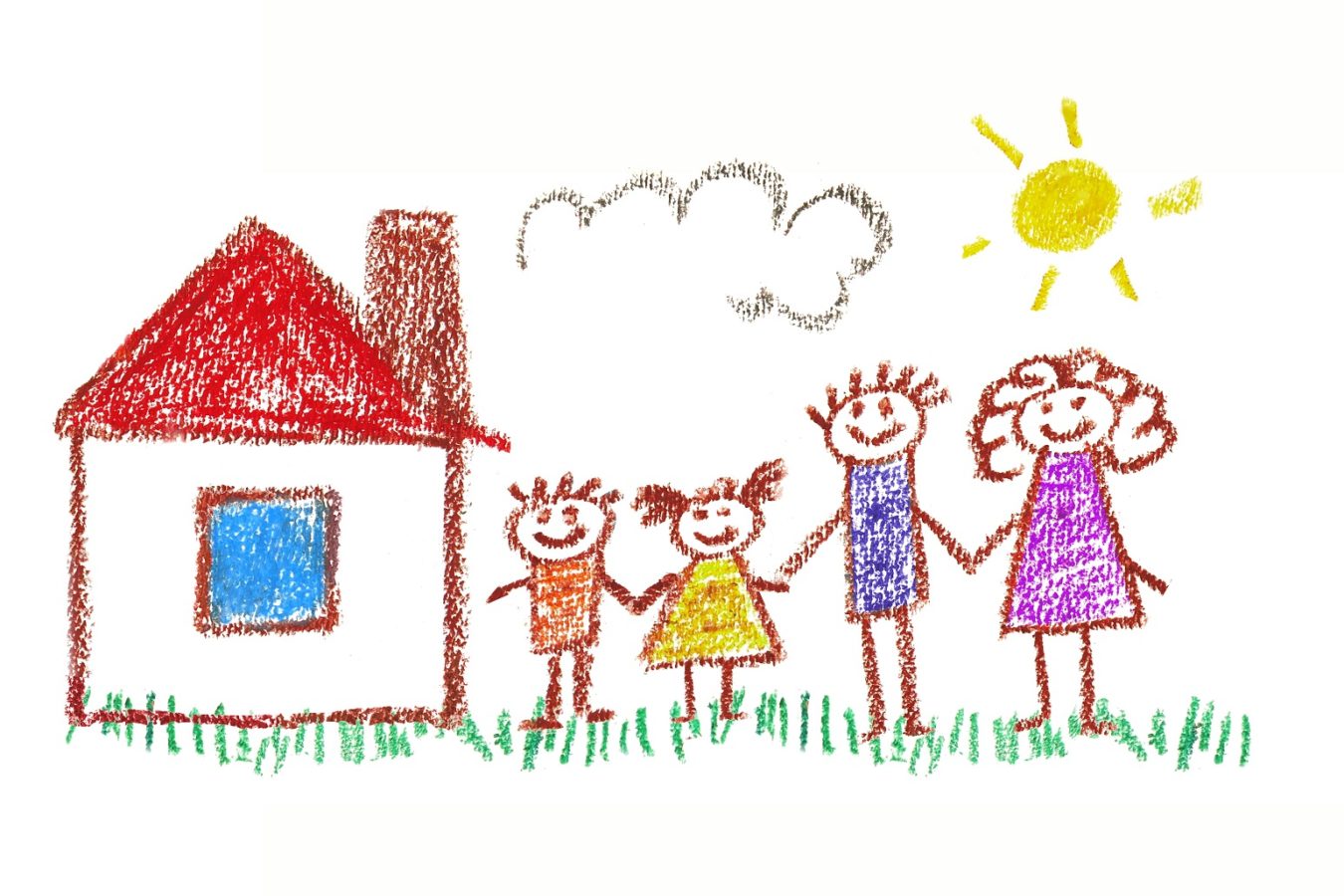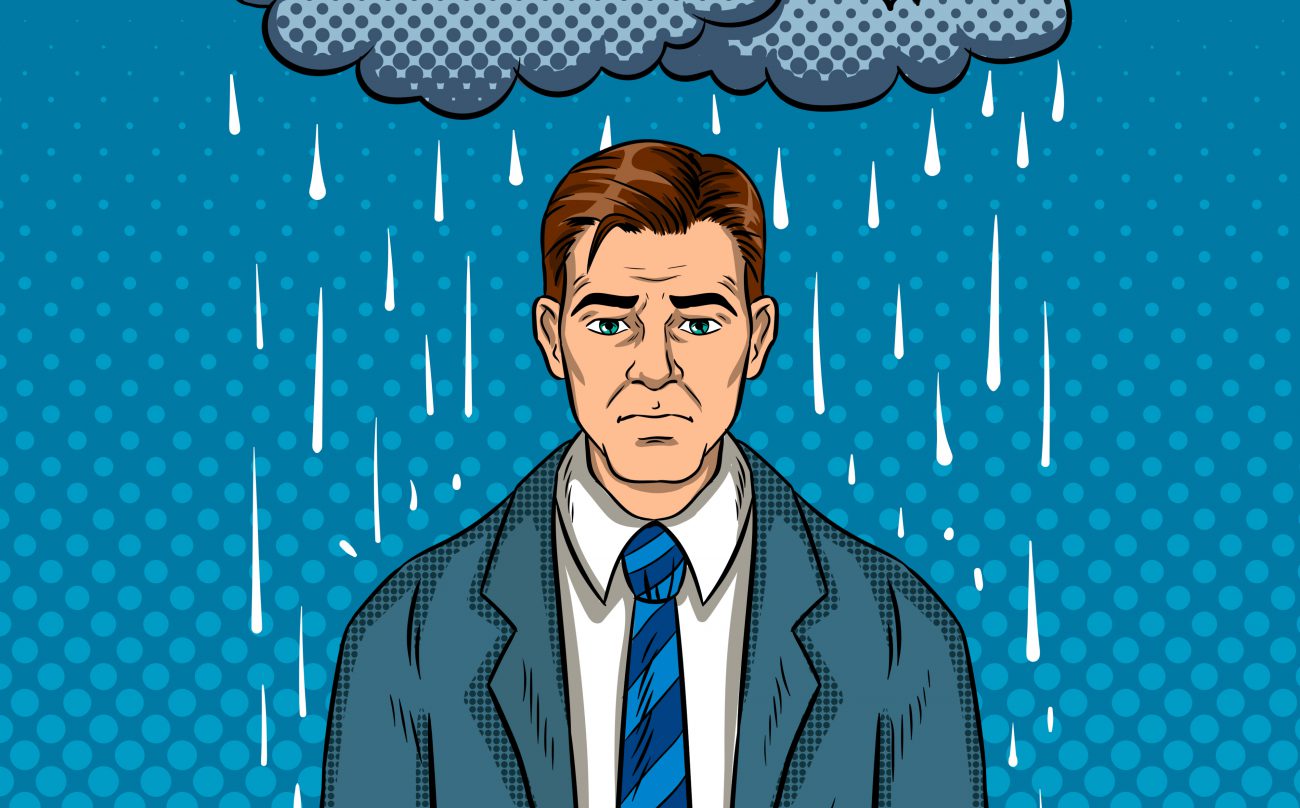
From how to help teens beat the procrastination trap to a brave parenting experiment in banning TV, we've selected our 'best of' articles from the past year.
Over the past year, we’ve brought you more than 130 articles on raising and educating children, supporting families as they navigated the new ‘normal’ in a post-lockdown world.
As always, we bring you writers, subjects and resources that stand out from the pack. So when it comes to choosing a ‘best of’ list, it’s no easy task. In the end, we opted for the articles that clearly resonated with you, that you found on the website, through our newsletter, or on our rapidly growing Facebook page. We also included some of our favourites.
It’s been a pleasure for The Parents Website team to help make parenting a little easier, through sharing a new idea or strategy, or letting you know that other parents are facing the same challenges.
We thank you for your continued support, and wish you a happy holiday season.
In no particular order, here is our list of 10 ‘best of‘ articles from 2022:
10 tips to help your teen out of the Procrastination Trap
This is one of our most popular articles in 2022, a deep dive into the debilitating effects of procrastination, written by Dr Deborah Trengove, former school psychologist and school wellbeing leader. We might think of procrastination as a relatively harmless everyday problem. But as Deborah points out, it’s a chronic habit for 25 per cent of young people, causing significant issues. She’s got some tremendous strategies for helping.
Let’s talk about it: Maggie Dent’s top tips to communicate effectively with teenage boys
Maggie Dent is one of Australia’s loved parenting authors and educators, known as the ‘queen of common sense’. So it’s no surprise that this extract from her book From Boys to Men is our most read article of the year. Communicating with teen boys, of course, can be frustrating. But Maggie provides a list of great ideas to get the conversation flowing –including what not to do.
Tips for teenagers on finding that first job
Finding part-time work as a teenager can be a life-shaping experience. As careers expert Helen Green explains, it gives teens independence, valuable experience and a chance to develop employability skills. So how does a teen go about getting that job? Helen provides some practical advice – a how-to guide to join the part-time workforce. The good news is that post-lockdowns, there are plenty of potential jobs out there.
Tiny Humans: I banned TV
The battle over screen time has become a feature of modern family life. As our Tiny Humans blogger Natalie Moutafis found, it was an old school screen that was causing problems in her family – the television. There was a definite increase in crankiness by a Tiny Human that seemed to be linked to the hours of tv watched. So tv was banned during the week. What happened on that first Monday? ‘It didn’t go down well when they got home,’ writes Natalie, taking us on this brave parenting journey.
Dr Judith Locke: Why parents should stop being their child’s Sherpa
Do you carry your child’s school bag for them? Invest hours helping with a school project? Excuse your child from family chores because they are in Year 12? You may be a Sherpa parent, according to Dr Judith Locke. The clinical psychologist and child wellbeing specialist coined the term for well-intentioned parents who are acting like Sherpas on a mountain climb – carrying the gear and acting as guide. In the process, parents are limiting their child’s development.
Andrew Fuller: The 6 ways method to destress
We’re living in anxiety-inducing times. Two years of lockdowns, followed by a re-emergence into a new ‘normal’, plus the everyday pressures of life. Dr Andrew Fuller, one of our most popular contributors, offers a very handy guide for anyone feeling the weight of anxiety. It’s a simple six step method that will help parents and students alike to destress, brought to us by one of Australia’s leading clinical psychologists specialising in the wellbeing of young people and their families.
Why ‘screen time’ is an outdated concept
The debate about ‘screen time’ is constant. Guidelines set limits depending on age, and parents naturally worry about the consequences of exceeding them. It’s no surprise that there’s evidence that Australian parents find the time limits difficult to enforce. This article, via The Conversation, argues that we should ditch the term. It doesn’t advocate a free-for-all, but makes the case for shifting the focus to the quality of what our children are watching and how they are watching it.
What parents need to know about vaping
There’s growing concern over the use of e-cigarettes or vaping among young people, with the reports that the rates of use are showing an alarming increase. It’s clear that many young people think that vaping is safer than traditional cigarettes . In response, we put together a useful guide to help parents understand the problem – and what they can do. It includes a video from Dr Anthea Rhodes, from The Royal Children’s Hospital, who stresses that talking to teens about risky behaviours is a very important way for parents to help keep their children safe.
Best of the Web: Why dance is just as important as maths
This article was among our most widely shared in 2022. Educationalist Sir Ken Robison, who the world lost two years ago, was one of our most profound thinkers on innovation and creativity. We were again reminded of this when the team at TED reshared an extract from one of Sir Ken’s books, where he convincingly argued that dance – and physical activity – should have the same status as maths in the curriculum. Dance helps kids collaborate and cooperate, improves social relationships, and can lead to better grades.
50 questions to ask your teens, from Daisy Turnbull
How can we help our teenagers become kind, fully functioning adults? Author and educator Daisy Turnbull embraces this challenge in a new book, 50 Questions to Ask Your Teens. We were able to bring you an extract from the book, and when looking at her list, we were drawn to the question, What can you help with? It’s much more than just lessening the load of chores on you. It’s about getting teens to develop competencies so they will develop into successful adults.
Like this post? Please share using the buttons on this page.
Stay up to date with our newsletter here

